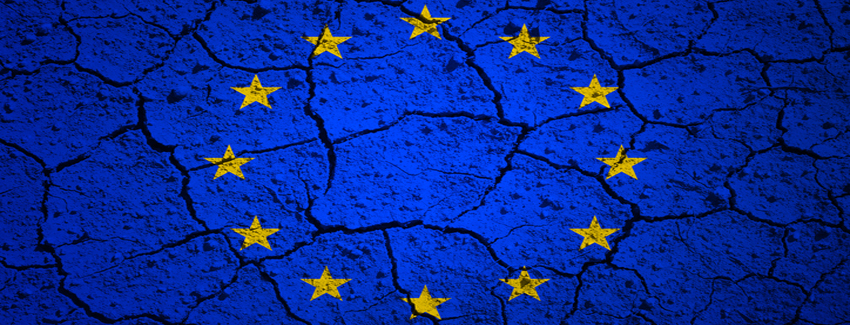
Finishing my book and reading the news, I couldn’t tell the difference between them. Many have commented on the similarities between the Soviet Union and the European Union in the past. But it’s rather frightening when you consider them in any detail. Especially the chronology of events and why that chronology took place.
Did you know the socialist Russian revolutionaries of 1917 were nominally in favour of capitalism, trade and international ties? They wanted to create a democracy governed by the hated bourgeoise that respected workers’ rights. Unlike the imperialism of the Tsar had.
They argued for entitled land owners to hand over plots to their dependent peasants, wanted an eight-hour workday, a living wage, safe workplaces, respect for soldiers from their officers and female suffrage. But they did not want to seize control of government, just influence it.
Russia’s leading socialists considered their nation to be too backward and not ready for the utopian socialism of Marx, Engels and others. The transitionary period of capitalism was necessary and natural according to their theories. Without it, the working, peasant and soldiering class could not hope to achieve utopia.
This theoretical belief was so strong that socialist leaders repeatedly turned down opportunities to govern. Their supporters were clamouring for it. A ruling class supervised by workers and bound by agreements to serve workers’ interests was their model initially. It didn’t go so well.
What they got in the end was the falling apart of the Russian empire, civil war, and a political system completely the antithesis of what they stood for initially. Remarkably, the rhetoric during the transition never really changed. Socialism and communism and the slogans were consistent in the face of contradictory policies. In the end, the authoritarianism was worse than under the Tsar.
What’s more remarkable is how similar the European Union’s incentives and directions are. They seem in favour of capitalism and democracy, but consistently deliver the union down the road of collectivism and plutocracy. The results are bad, just as in revolutionary Russia.
So next comes the strong leader to deal with the problems. EU president Jean-Claude Juncker has just proposed the creation of another EU president and a finance minister with awesome centralist and unquestioned powers over national governments. This in the wake of Brexit – a further rejection of the EU.
There are many more similarities.
The Unions of decline
Europe wants an internationalist union while respecting the nationalist nature of each constituent. This balancing act proved a major problem for Russian revolutionaries who saw one nation after another steadily declare various levels of independence… until Stalin decided otherwise and then raped them with spite.
The EU is in favour of trade and commerce, but has erected extraordinarily high trade barriers with the rest of the world. This is especially egregious in agriculture, a favourite policy arena of the Soviets too. The disastrous results turned many socialists against their regime, allowing Stalin to get rid of the state’s supposed enemies.
In the EU, agriculture is government directed, financed and controlled, using an enormous portion of government funds and effort. Farmers around the world can’t compete with the isolationist policies, leaving much of Africa heavily disadvantaged and poorer.
The rule of experts who know what should be done, but foul up industries with bizarre policies, are popular in both regimes. Work for the sake of work, instead of to achieve a purpose, is the order of the day.
More and more integration
A dismissal of the constant rejection of the Union’s direction and policies is present in both histories. Dissidents are swept aside. The EU intends to ramp up its efforts to integrate with Britain gone. Even the troublesome nations of Eastern and Northern Europe are the same thorns in the side of the precursor to the Soviet Union and the EU.
There’s a lack of democratically elected leaders which the formation period of the Soviet Union featured too. A bizarre system of councils sprung up and the legitimacy of national governments was supposedly decided over the course of days or hours. So much for democracy in either Union.
As mentioned, when the extraordinarily long list of arbitrary councils and committees all fail, a new leader is needed, say Jean Claude-Juncker and Stalin.
Meanwhile, unemployment remains extraordinarily high and social unrest is a real problem. We have the same “no-go zones” for authorities in Stockholm and Paris as once in Petrograd. The extreme right wing is on the move and in the news too.
If this continues, I’m very worried for Europe.
The question is whether Britain faces a terrible fate as well. One man thinks so.
Until next time,
Nick Hubble
Capital & Conflict
Related Articles:
Category: The End of Europe

